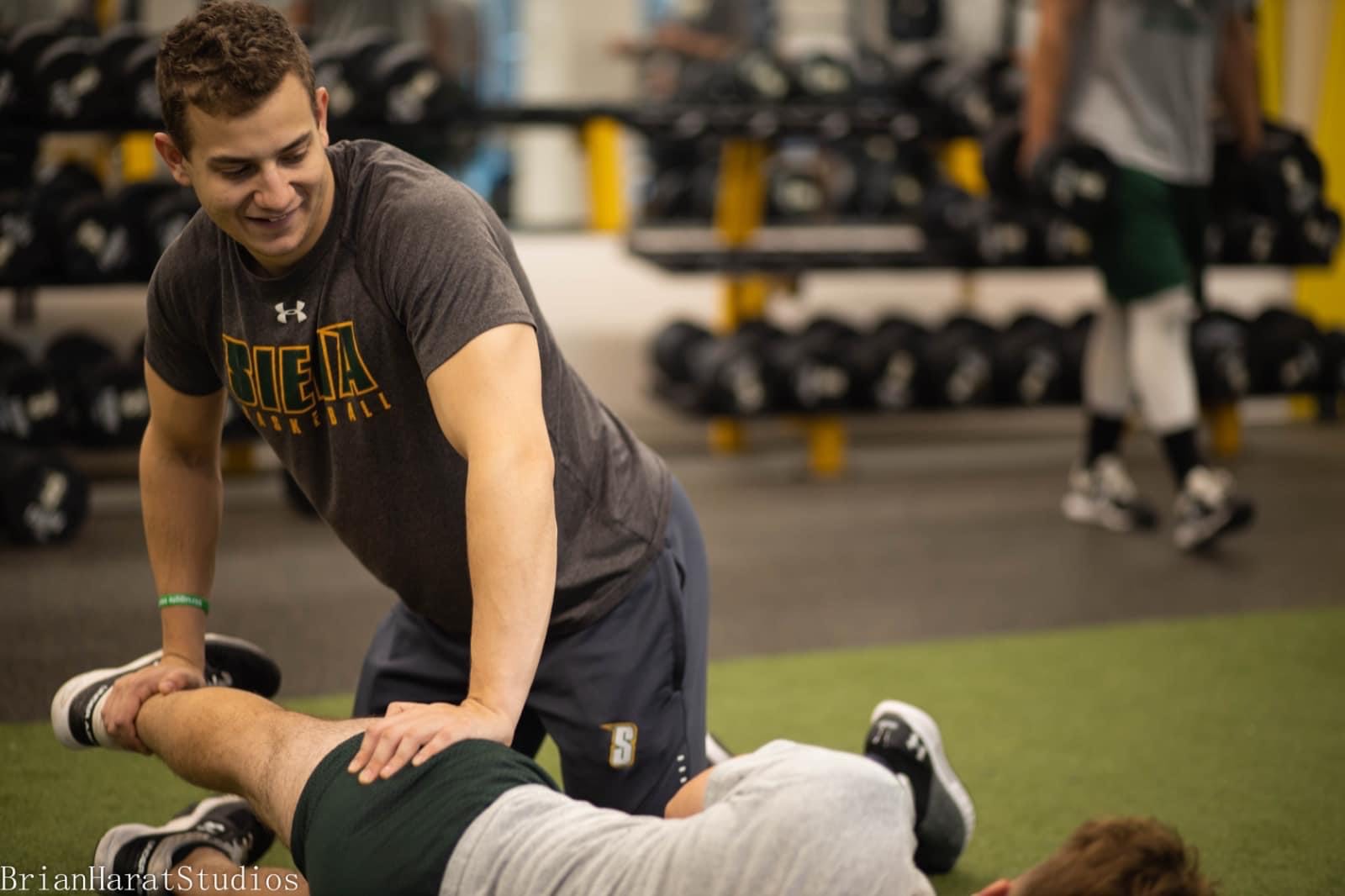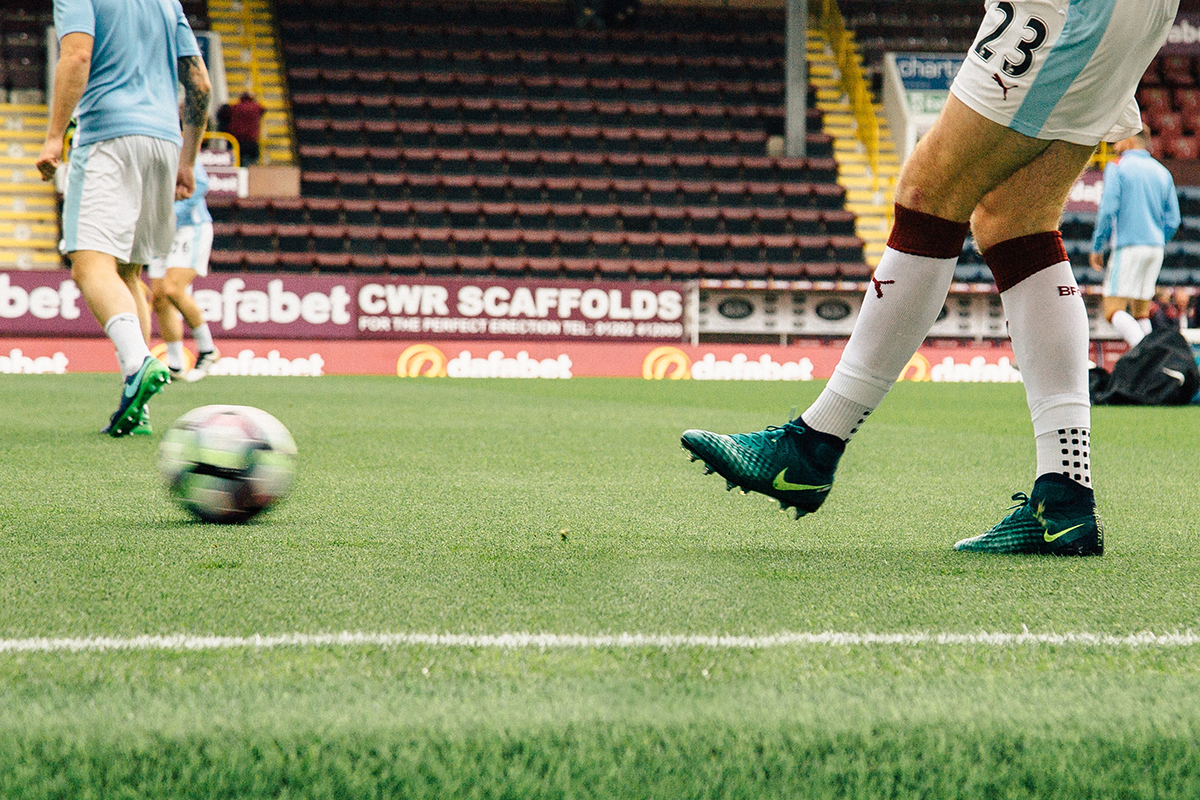What Coaches and Athletic Trainers Should Know About OCD
By Jason von Stietz, PhD (originally from www.cbtsocal.com)
Most athletes experience anxiety in some form. Often it is helpful in motivating them to consistently train hard in hopes of performing their best. However, when anxiety impedes their daily functioning and impairs their ability to perform, it becomes a detriment to their mental health. As stigma regarding mental illness decreases, coaches and athletic trainers are often the first people in which athletes confide.
Many coaches, athletic trainers, and other support staff have made great efforts in gaining awareness of general mental health issues, as well as more specific mental illnesses such as eating disorders. However, few coaches or athletic trainers are aware of a disorder that has a prevalence rate of 3% in the general population and possibly 5% among NCAA Division I athletes: Obsessive Compulsive Disorder.
What is obsessive compulsive disorder (OCD)?
Obsessive compulsive disorder (OCD) is a mental illness that involves suffering from obsessions, which are unwanted and persistent thoughts, images, or urges. After an individual with OCD experiences an obsession, they feel compelled to engage in a compulsion, which is a repetitive behavior or mental act aimed at reducing their anxiety. For example, an athlete might experience an obsession related to being a good teammate. Therefore, if the athlete thinks negative thoughts about teammates, they will experience intense anxiety and compulsively “cancel” out the negative thought by thinking positive thoughts about their teammates over and over again.
These obsessions and compulsions are not only highly distressing, they are also very time consuming. OCD symptoms can consume anywhere from a few hours of someone’s day to nearly every minute of the day. It can make it difficult, or even nearly impossible, to train or compete in a sport due to the constant distractions and overwhelming anxiety.
What are examples of possible obsessions?
- Persistent fears of contamination resulting in illness of death of self or others.
- Persistent unwanted mental images of violence or horrific scenes.
- Persistent fears of losing an important item or piece of information.
- Persistent fears of thinking or behaving immorally or sinfully.
What are examples of possible compulsions?
- Repetitive and excessive behaviors such as washing or checking.
- Repetitive and excessive mental acts such as counting or silently repeating words.
- Repetitive and excessive arranging of items.
Are there any case studies of athletes with OCD?
Rebecca L. Gee, MS, ATC and Nicholas Telew, MD published a case study on an athlete suffering from OCD and anorexia in the Journal of Athletic Training. In their case study, they describe the treatment of a 14 year old female high school basketball and track and field athlete. Initially, the athlete received extensive treatment for anorexia and continued to decline in weight and health. After 18 months of treatment, she was referred to a mental health provider familiar with OCD, who was able to properly diagnose her with both anorexia nervosa and OCD. At that point, her OCD was treated with CBT, which greatly reduced both her aneroxia and OCD leading to significant improvements in her physical and mental health.
What You Can Do
- Check-in with one student-athlete a day about how their personal life is going. This builds trust and a healthy relationship.
- Be a sounding board. Validate their emotional experience. Be a safe space. Model making good choices for mental health.
- Ask athletes if they ever experience disturbing repetitive thoughts, and/or if they ever engage in repetitive rituals in order to reduce anxiety or feel safe.
- Recognize that eating disorders and OCD are frequently comorbid. According to the IOCDF, people with eating disorders have an OCD prevalence rate of 11% to 69% and people with OCD have an eating disorder prevalence rate of 10% of 17%. If you suspect an athlete has an eating disorder, also check for OCD.
- Recognize OCD and other mental health issues and refer the athlete to a mental health professional.
- Remember that issues such as anxiety and depression are mental health issues that need treatment. Mental health issues are not “choices.”
Some things that are likely to be less helpful, and thus should be avoided, include:
- Shaming the student-athlete or judging them as “weak” due to emotional issues.
- Minimizing the problem. The problem is likely larger than the student-athlete is acknowledging.



